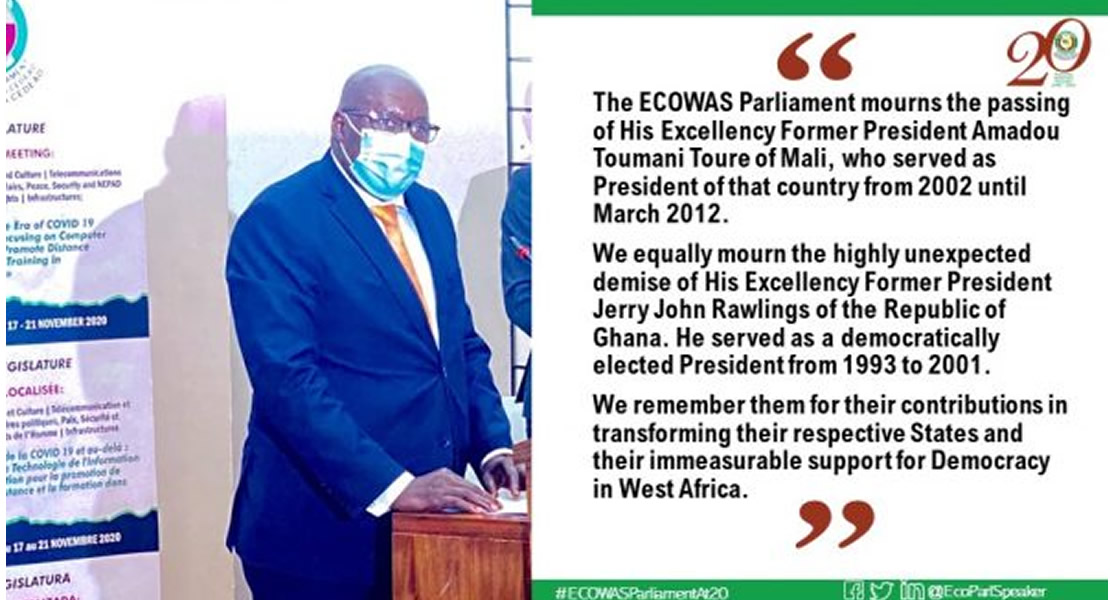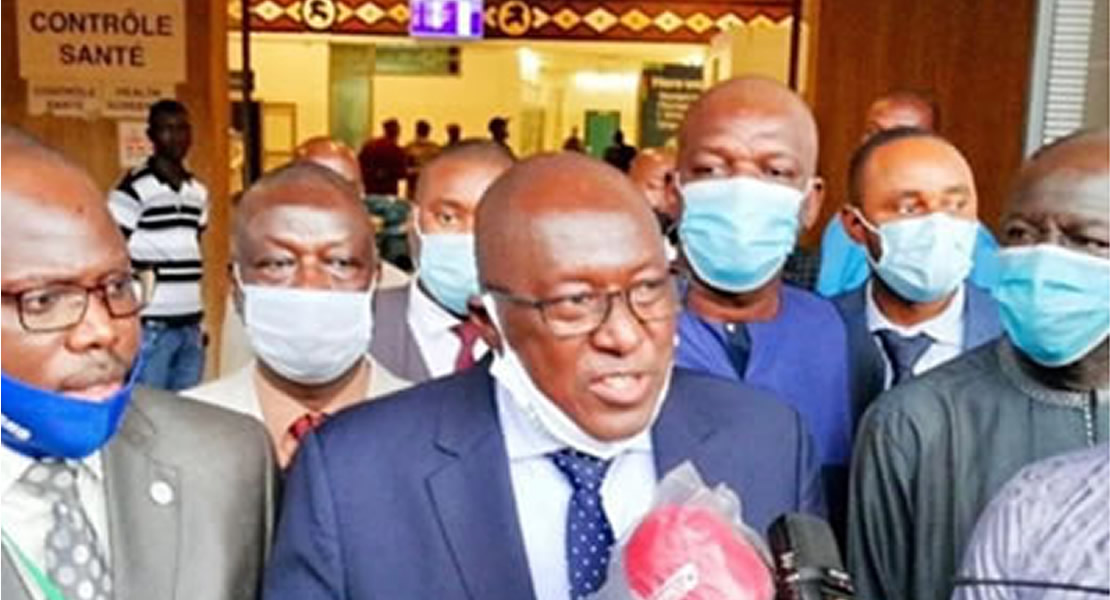ECOWAS Inter-parliamentary forum on ICT recognizes that cybercrime in its various forms especially those that are technology-assisted pose a serious threat to the economies, industry, commerce, banking and financial services sectors and their operations within the sub- region.
In one of its sessions where Economic and Financial issues of cybercrime was the major sub-theme, it was highlighted that cybercrime has become a serious economic threat in terms of its potential to negatively impact national and sub-regional economic development, intra-regional and external/international trade.
Also, it has the potential to disrupt and undermine the integrity and security of internal, intra-regional and external financial transactions, payment and settlement systems as well as provision of various financial services.
While rolling out effective ways to mitigate the above-mentioned problems and placing them in tandem with what the role of Parliamentarians should be, one of the panelists, Mary Uduma, President, MAG FGI Afrique Abuja, Nigeria, instructed lawmakers within the sub-region to, propose the development and enactment of appropriate national and sub-regional cybersecurity policies and implement strategies directed at addressing economic related and financial services cybercrime activities.
In addition, Parliamentarians must recognize the sub-regional, global and far-reaching nature of the legal, legislative, technological, economic, financial and institutional challenges and threats posed by the emergence and rise of cybercrime. In the same light, they have to take into account the role of all key stakeholders and existing initiatives, within a frame-work of regional cooperation in West Africa and beyond.
The ECOWAS Interparliamentary Forum on ICT is currently holding sessions under the theme: “Role of the Parliamentarian in the fight against cybercrime in the ECOWAS space”, from November, 5 to 7, 2020 in Niamey, Niger Republic.
Kwaku Sakyi-Danso/Ghanamps.com

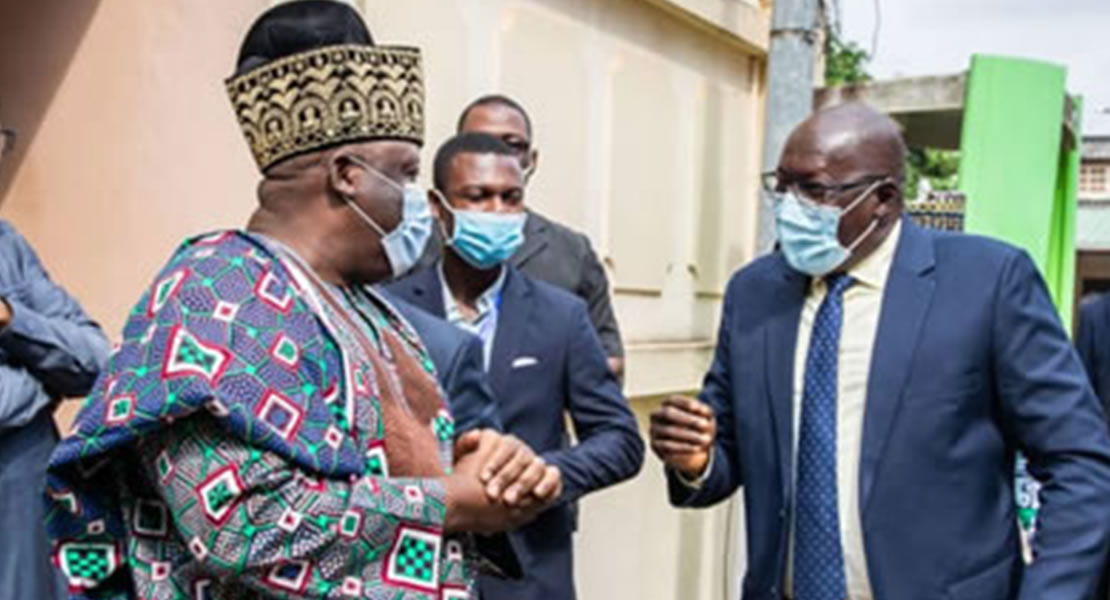
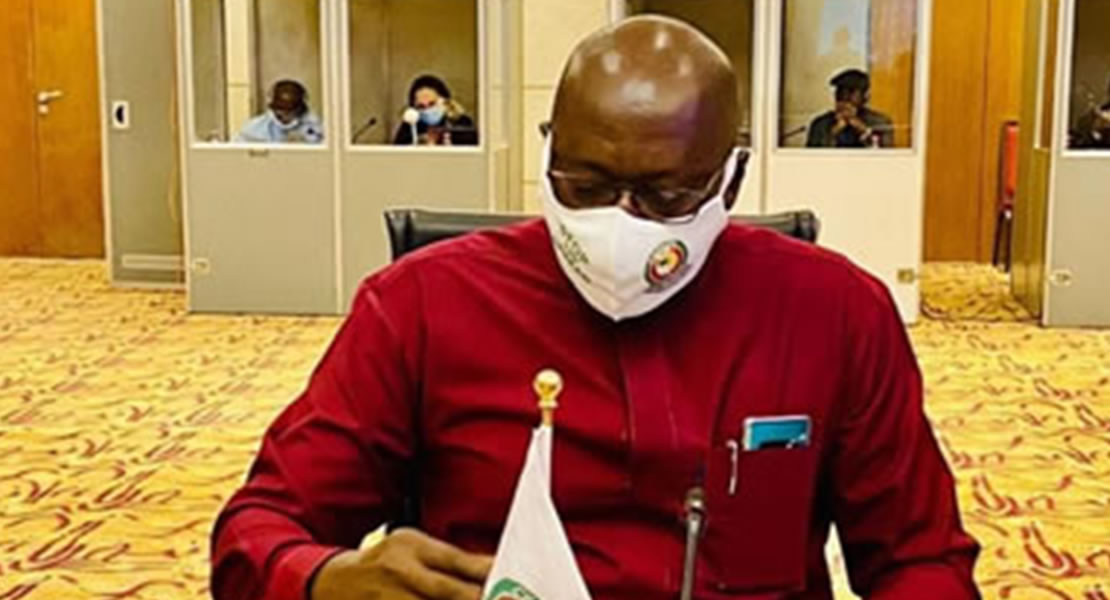
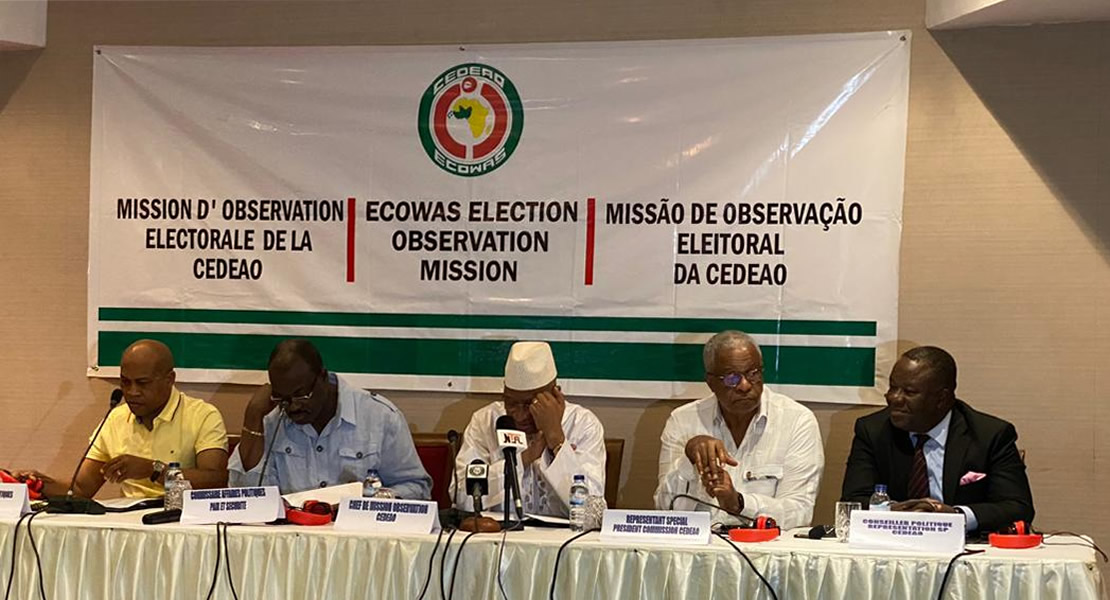
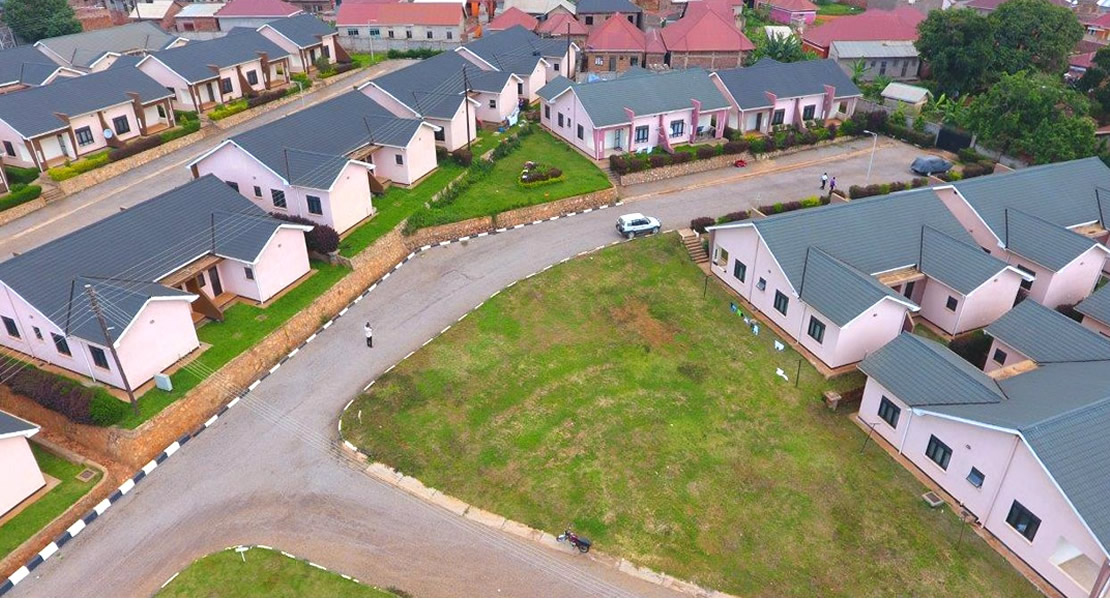


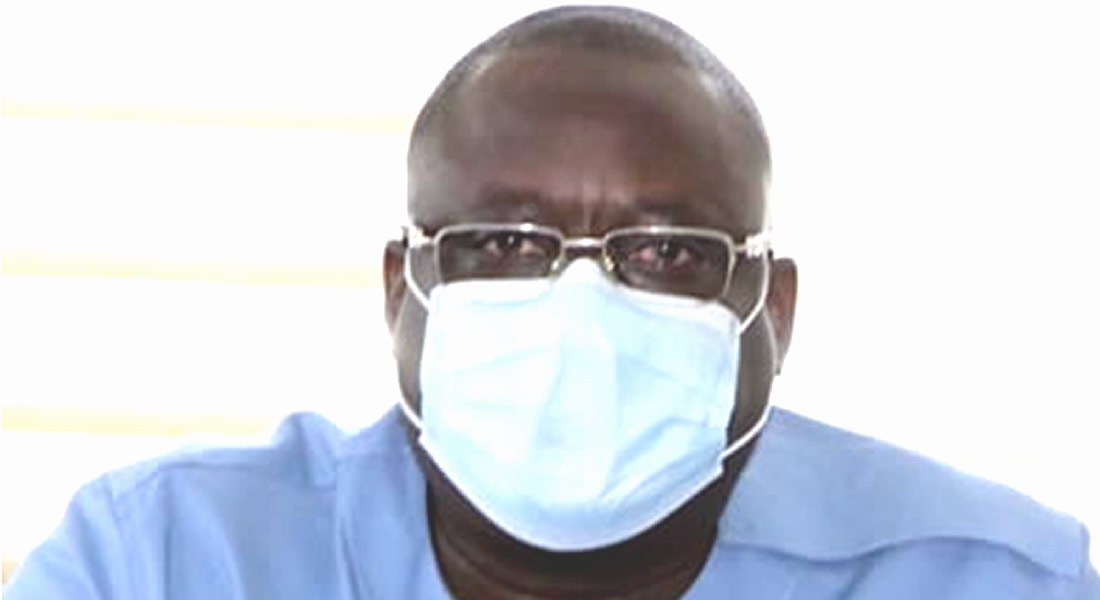
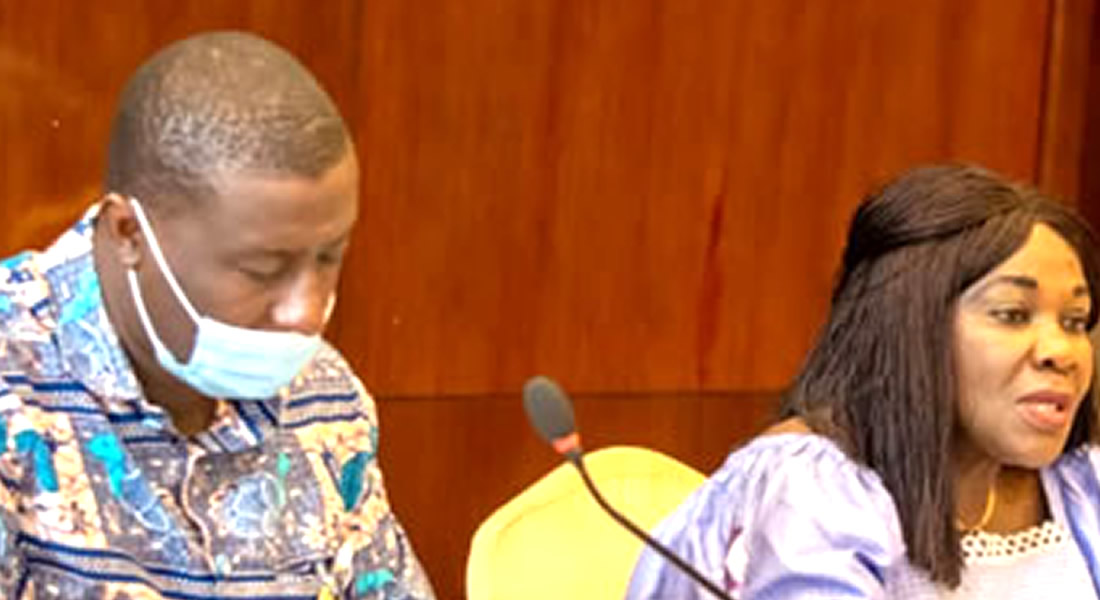 He said the intervention has been worthwhile, though he indicated that the projects were not part of the main mandate of the Project. The Mallam Junction and Kaneshie First Light area projects easily comes to mind.
He said the intervention has been worthwhile, though he indicated that the projects were not part of the main mandate of the Project. The Mallam Junction and Kaneshie First Light area projects easily comes to mind.